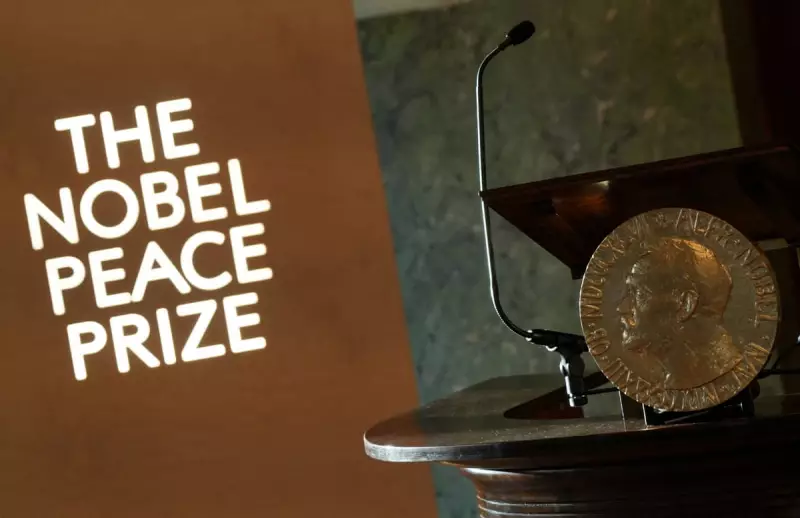
The prestigious Nobel Peace Prize has found itself at the centre of an unexpected controversy as cryptocurrency prediction markets witness unprecedented betting activity on this year's winner. Polymarket, a decentralised betting platform, has seen wagers exceeding $1.3 million, transforming the solemn peace award into a high-stakes gambling event.
Unprecedented Market Activity
According to recent data, the prediction markets have attracted remarkable attention, with significant sums being placed on various contenders. The betting frenzy has raised serious questions about the ethical implications of treating humanitarian achievements as gambling opportunities.
Market participants are analysing every clue and potential nominee, creating an environment where peace efforts are being quantified in monetary terms. This commercialisation of the Nobel selection process has drawn criticism from traditionalists who argue it undermines the award's fundamental purpose.
Ethical Concerns Surface
The Norwegian Nobel Committee, responsible for selecting the peace prize laureate, maintains its traditional secrecy ahead of the October announcement. However, the transparency of prediction markets creates an unusual dynamic where public speculation meets institutional confidentiality.
Critics argue that reducing humanitarian work to betting odds trivialises the significant achievements of peace activists and organisations worldwide. The substantial financial incentives involved potentially distort public perception of what should be purely merit-based recognition.
Regulatory Grey Area
Polymarket's operation in the largely unregulated cryptocurrency space adds another layer of complexity to the situation. Unlike traditional betting platforms, decentralised prediction markets operate across jurisdictions, creating challenges for regulatory oversight.
The platform's growing influence on public discourse around the Nobel Peace Prize highlights the evolving relationship between cryptocurrency markets and traditional institutions. As betting volumes continue to rise, the Nobel Committee faces increasing pressure to address this unconventional form of public engagement.
The situation represents a classic clash between technological innovation and established tradition, with the world's most respected peace award caught in the middle. How this tension resolves may set important precedents for how venerable institutions adapt to the age of cryptocurrency and prediction markets.





